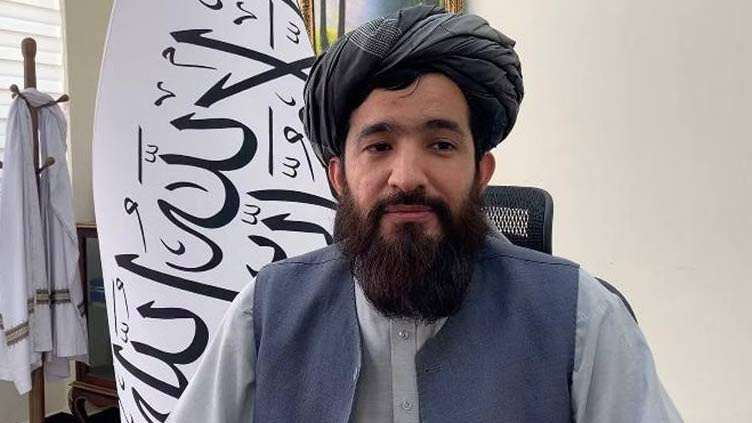The spokesperson for Afghanistan’s interim government, Abdul Qahar Balkhi, recently issued a statement expressing undue concerns and reservations about Pakistan’s current political situation. This intervention raises eyebrows, as it appears both irrelevant and out of context.
In a message posted on X, formerly Twitter, Balkhi commented on the tensions between Pakistan’s government and political opponents, suggesting that these conflicts could have negative regional repercussions. However, this statement is viewed by many as an interference in Pakistan’s domestic affairs, which is unwarranted.
The Afghan government, before offering unsolicited advice, should prioritize its own governance challenges. Issues like the lack of basic rights for Afghan citizens, a declining economy, and the prevalence of terrorist sanctuaries within its borders present far graver threats to regional stability than Pakistan’s internal politics.
Instead of meddling in Pakistan’s affairs, Afghanistan’s transitional government would be wise to focus on tackling terrorism, extremist safe havens, and the pervasive internal repression plaguing its own nation. Addressing these critical issues would not only enhance Afghan stability but also contribute to regional peace.
The Afghan government’s focus should be on its internal failings, which would benefit both the Afghan people and neighboring countries. Notably, recent incidents, such as the arrest of 120 Afghans in Islamabad for attacking police and causing public disorder, underscore the importance of addressing domestic concerns. Before speaking on Pakistan’s affairs, Afghan authorities should ensure their own citizens respect regional stability.


